Anarchy / Autonomy / Utopia
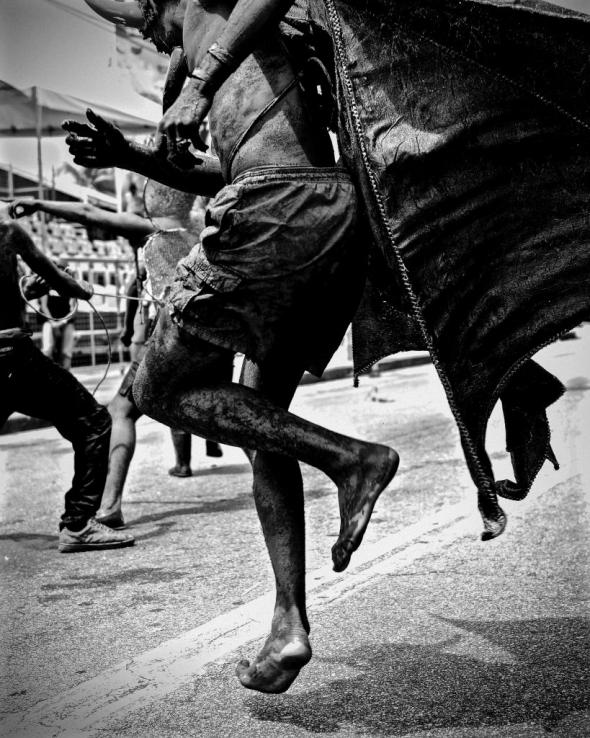 Shadowdancer. © Kevin Adonis Browne.
Shadowdancer. © Kevin Adonis Browne.
There is a present-day tendency to retreat into the realms of dystopia, of catastrophe and disaster, of failed states and fascism, of environmental collapse and economic apocalypse. This tendency is neither wrong nor mistaken. Yet it is often suffocating, only adding to the pressurized dread of the era, offering no antidote to the plague of cynicism, the chokehold of hopelessness, the drift, or, perhaps, the plunge, into a miasma of pessimism and hopelessness. Of course, there are other tendencies, other possibilities, other ways forward. Here, we briefly mention five recent books, loosely grouped under the banners of anarchism, autonomy, and utopia, that propose better worlds to come – as better must come.
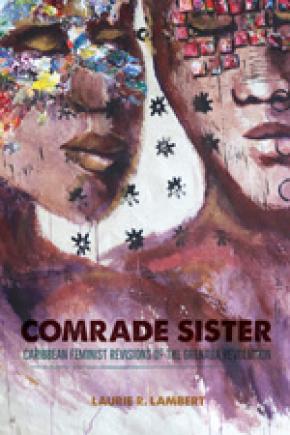 It is often said that the hopes and dreams of the Anglo-Caribbean left were dashed by the failure of the Grenada Revolution. Against this tendency, Laurie Lambert, in Comrade Sister: Caribbean Feminist Revisions of the Grenada Revolution (University of Virginia), returns to the history of the Revolution to explore its visions of a future, more egalitarian world. Recovering the literary output of the Caribbean women writers of the 1980s, Lambert demonstrates how they both critiqued the masculinist limits of revolutionary politics, while foregrounding the possibilities of revolutionary Black feminist imaginations.
It is often said that the hopes and dreams of the Anglo-Caribbean left were dashed by the failure of the Grenada Revolution. Against this tendency, Laurie Lambert, in Comrade Sister: Caribbean Feminist Revisions of the Grenada Revolution (University of Virginia), returns to the history of the Revolution to explore its visions of a future, more egalitarian world. Recovering the literary output of the Caribbean women writers of the 1980s, Lambert demonstrates how they both critiqued the masculinist limits of revolutionary politics, while foregrounding the possibilities of revolutionary Black feminist imaginations.
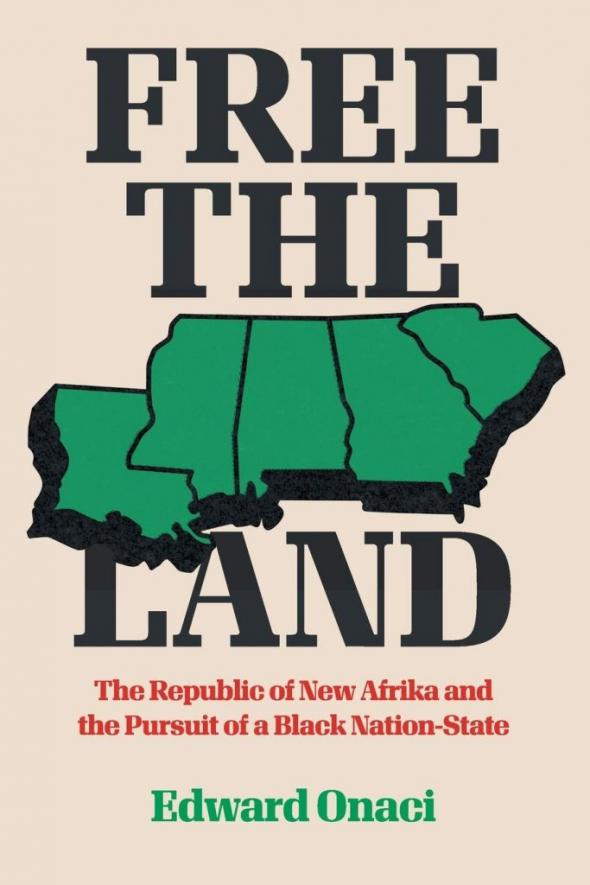
If the question of land and Black sovereignty should be at the center of any debate on reparations and Black freedom, then we are lucky to have historian Edward Onanci’s Free the Land: The Republic of New Afrika and the Pursuit of a Black Nation-State (University of North Carolina). The first historical study of an organization that has been both misunderstood and neglected, Free the Land offers an important assessment of the Republic of New Afrika’s efforts to create an autonomous Black nation within the boundaries of the United States. Onanci makes a compelling case for the RNA’s contribution to the revolutionary ideologies and political struggles of the sixties and seventies.
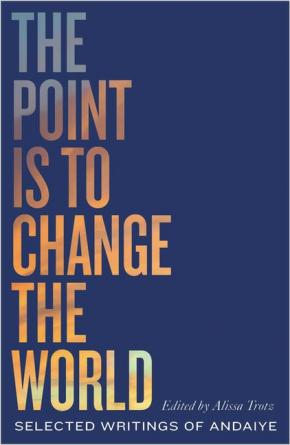 In The Point is to Change the World Selected Writings of Andaiye (Pluto), Alissa Trotz has gathered together some fifty years of essays, letters, and journal entries of the late Andaiye, the radical Guyanese activist and educator who was among one of the Caribbean’s most important political voices. The range of Andaiye’s ethical and political commitments dazzles. Andaiye’s writing examines her work with Guyana’s Working People Alliance as well as with the women’s development organization Red Thread. She considers questions of Black-Indian relations in Guyana, the political economy of waged and unwaged labor, and of the ethics and politics of care work. She also reflects on the life and work of her old comrade, Walter Rodney. The Point is to Change the World is an intervention that is both critical and timely – not just for Guyana and the Caribbean, but for anyone committed to radical praxis.
In The Point is to Change the World Selected Writings of Andaiye (Pluto), Alissa Trotz has gathered together some fifty years of essays, letters, and journal entries of the late Andaiye, the radical Guyanese activist and educator who was among one of the Caribbean’s most important political voices. The range of Andaiye’s ethical and political commitments dazzles. Andaiye’s writing examines her work with Guyana’s Working People Alliance as well as with the women’s development organization Red Thread. She considers questions of Black-Indian relations in Guyana, the political economy of waged and unwaged labor, and of the ethics and politics of care work. She also reflects on the life and work of her old comrade, Walter Rodney. The Point is to Change the World is an intervention that is both critical and timely – not just for Guyana and the Caribbean, but for anyone committed to radical praxis.
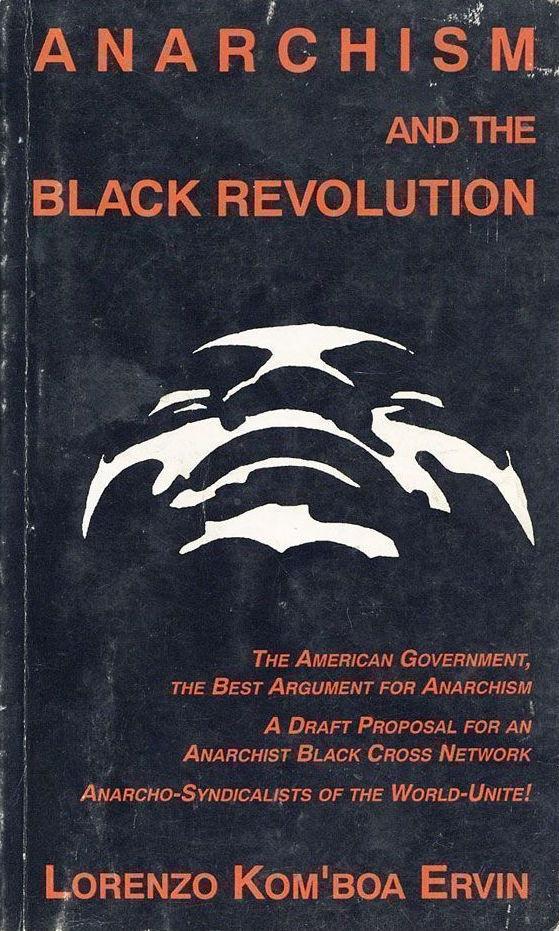
First published in 1979 and revised and reissued in the early nineties, Chattanooga-based writer and activist Lorenzo Kom’boa Ervin’s Anarchism and the Black Revolution is as legendary as it is prescient. While it quickly became something of an underground classic within the historiography of Black libertarian thought, it also posed a number of serious critiques of – and challenges to – the ideological positions of the Left. Ervin’s insights into racism and capitalism, fascism and police violence, the politics of mutual aid and community, and, above all, the liberal fetishism of the state as an ultimate political authority, make for necessary reading. Have the courage to read this book.
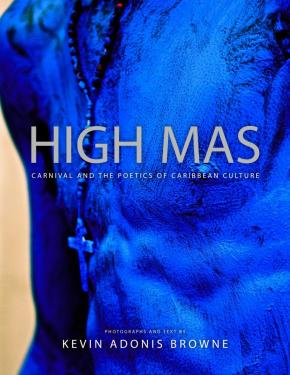 While there may be many books that are about performance and culture, there are few books that actually perform culture. Kevin Adonis Browne’s High Mas: Carnival and the Poetics of Caribbean Culture is one of those rare monographs that fall into the latter category. High Mas is a stunning compilation of photography and prose that documents Trinidad carnival while shattering any perceived notion we might have of the book as an object itself. But High Mas does even more. With its breathtaking documentation of the kinetic and quivering movement and motion of Caribbean revelers – combined with Browne’s dynamic amalgamations of poetry, criticism, and autobiography — High Mas provides us with an archive of Caribbean autonomy and freedom. We need Browne’s work now, more than ever.
While there may be many books that are about performance and culture, there are few books that actually perform culture. Kevin Adonis Browne’s High Mas: Carnival and the Poetics of Caribbean Culture is one of those rare monographs that fall into the latter category. High Mas is a stunning compilation of photography and prose that documents Trinidad carnival while shattering any perceived notion we might have of the book as an object itself. But High Mas does even more. With its breathtaking documentation of the kinetic and quivering movement and motion of Caribbean revelers – combined with Browne’s dynamic amalgamations of poetry, criticism, and autobiography — High Mas provides us with an archive of Caribbean autonomy and freedom. We need Browne’s work now, more than ever.
Additional Reading: Modibo Kadalie, Pan-African Social Ecology: Speeches, Conversations, and Essays. Jessica Marie Johnson, Wicked Flesh: Black Women, Intimacy, and Freedom in the Atlantic World. Quito J. Swan, Pauulu’s Diaspora: Black Internationalism and Environmental Justice. Kaiama L. Glover, A Regarded Self: Caribbean Womanhood and the Ethics of Disorderly Being. Jovan Scott Lewis, Scammer’s Yard: The Crime of Black Repair in Jamaica. Mariame Kaba, We Do This ‘Til We Free Us: Abolitionist Organizing and Transforming Justice.
Article originally published by The Public Archive on 29.12.2020